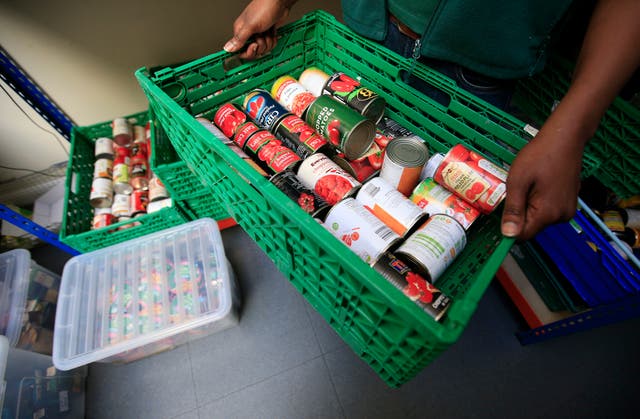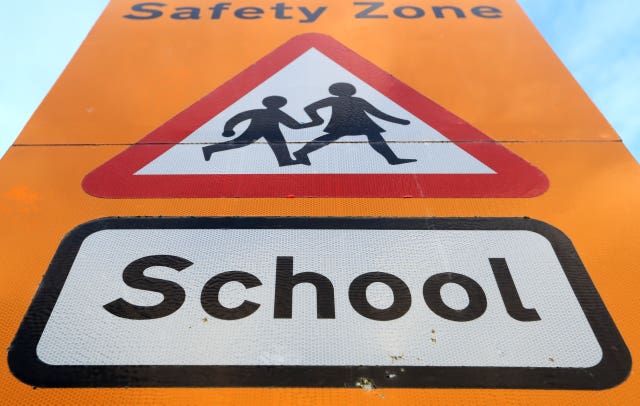
Children living in the North of England face worse health and educational outcomes following the pandemic than youngsters elsewhere in the country, a major new report has warned.
The wide-ranging research involving more than 40 academics, titled Child of the North, has pointed out that rising inequality costs the economy in lost potential.
And it has come up with a series of recommendations on how to narrow the gap and improve the lives and futures of millions of children in the North East, North West and Yorkshire and the Humber.
The research shows that children in the North have a 27% chance of living in poverty compared to 20% in the rest of England.

Infant mortality and childhood obesity were higher in the North.
Prior to the pandemic, the North saw much larger cuts to spending on Sure Start children’s centres – on average, spending was cut by £412 per eligible child in the North, compared to only £283 in the rest of England.
And they missed more schooling in lockdown than their peers elsewhere in England.
Only 14% received four or more pieces of offline schoolwork per day, compared with 20% country-wide.
Pupils in the North East and Yorkshire and Humber lost four to five times more learning in primary maths compared to areas in the South.
During the pandemic, children in the North were lonelier than children in the rest of England. A total of 23% of parents in the North reported that their child was “often” lonely compared to 15% in the rest of the country.
The study estimated the loss of learning in the North, experienced over the course of the pandemic, will cost an estimated £24.6 billion in lost wages over lifetime earnings.

One of the report’s authors Kate Pickett, Professor of Epidemiology from York University, said: “Levelling up for the North must be as much about building resilience and opportunities for the Covid generation and for future children as it is about building roads, railways and bridges.
“But the positive message of this report is that investment in children creates high returns and benefits for society as a whole.”
Public health professor Clare Bambra, from Newcastle University, said: “For too long, a lack of investment in key services in the North have meant that our children have suffered disproportionately.
“They are more likely to suffer ill health, to have lower educational attainment, and to live in care or poverty.
“The Covid-19 pandemic has worsened these inequalities and it will cast a long shadow across generations unless we act now.”
The authors made a wide range of recommendations including calling for a £10 per child per week uplift in child benefit, bringing in free school meals and permanently feeding children during holidays, a campaign England footballer Marcus Rashford has led in the past.
The report was produced by the Northern Health Science Alliance and N8 Research Partnership.
A Department of Education spokesperson said: “Our ambitious recovery plan continues to roll out across the country, with £5 billion invested in high quality tutoring, world class training for teachers and early years practitioners, additional funding for schools, and extending time in colleges by 40 hours a year.
“We’re supporting the most disadvantaged, vulnerable or those with the least time left in education – wherever they live – to make up for learning lost during the pandemic.”
But Stephen Morgan, Labour’s shadow schools minister, said: “Successive Conservative governments have hollowed out frontline education and support services and children are paying the price.
“The pandemic threatens to cast a long shadow over children’s lives. Ministers should be making a generational effort to help them recover, not standing by while existing inequalities are deepened.
“Children in the North and across the country deserve better than meaningless political slogans. Ministers must take proactive steps to prevent further Covid disruption in schools and bring forward Labour’s proper education catch-up proposals that match the scale of the challenges children face.”


Comments: Our rules
We want our comments to be a lively and valuable part of our community - a place where readers can debate and engage with the most important local issues. The ability to comment on our stories is a privilege, not a right, however, and that privilege may be withdrawn if it is abused or misused.
Please report any comments that break our rules.
Read the rules here